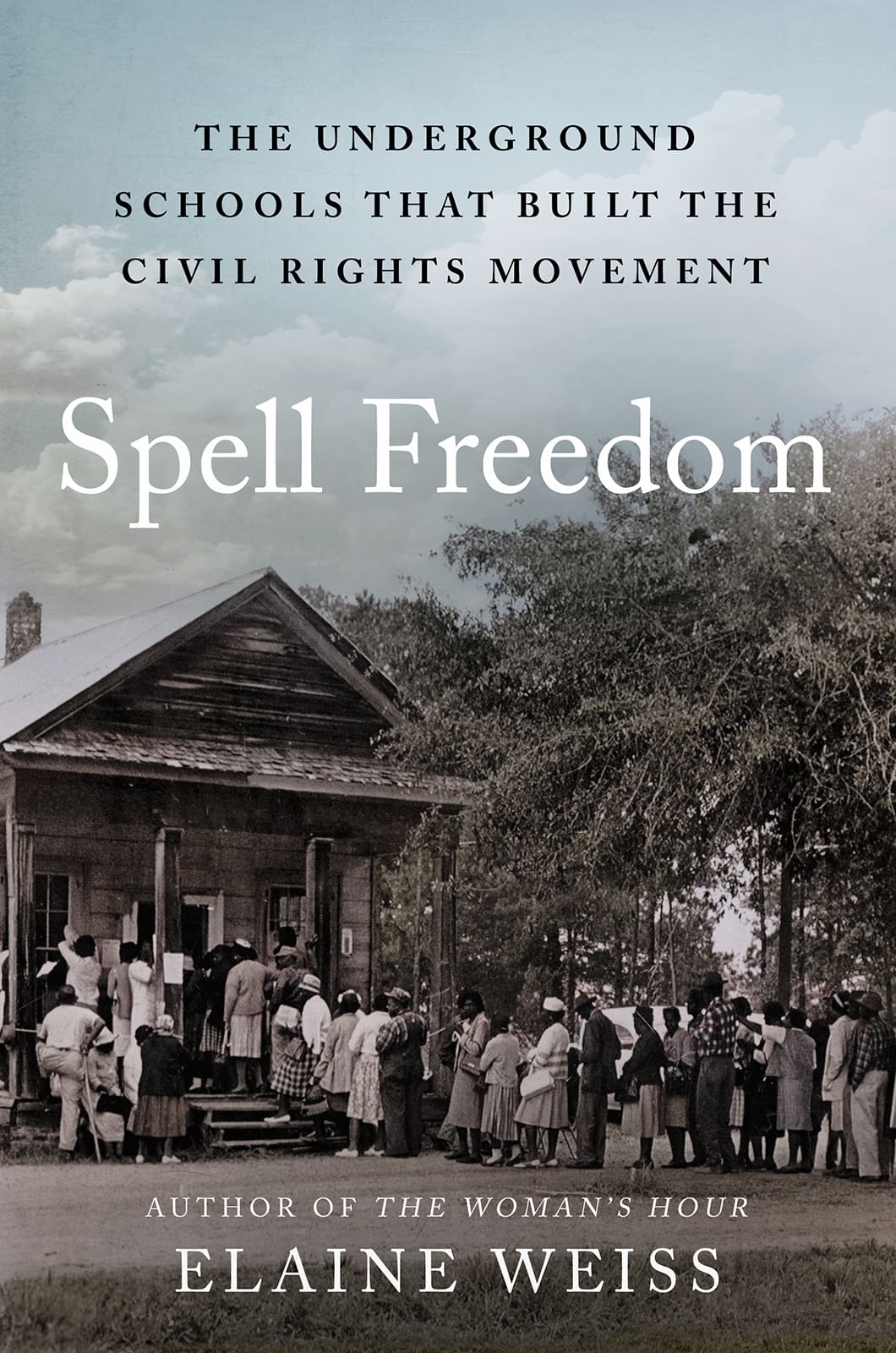By Denise Turney
Troy Nethercott is the co-author of the feature film Mixed Signals. He produced the documentary feature, All For One: In the Spirit of the Race, and the animated short, Duel. He was studio and production executive at Disney and Miramax. How To Disappear Completely is a compilation of short stories that Troy wrote. It won’t take a full reading of the first short story titled The New & Improved Lost Generation to see the visual talent that
Troy possesses. Many of the stories in the book deal with deep and painfully emotional struggles that the characters in the stories, many of them artists or people who have been in a romantic relationship for a long time. The characters in each story are fully developed. I was moved by Troy’s effective writing style. There wasn’t one character in any of the thirteen short stories that wasn’t memorable. In fact, this book stayed with me long after I put it down.
One comment I will make about the book in regards to room for improvement has to do with typo errors later into the book. Could be that a sharp editor’s second look could solve this easily, that or a second look over by Troy himself. I say that because Troy’s writing is powerful. His skill is evident from the very first page. The short stories in How To Disappear Completely are so powerful that they reminded me of James Baldwin’s Sony’s Blues a story that is easily the most potent short story I have read to date.
The first story begins, “Jenny and Harry met at a well-known rehab center in LA. They got to know each other in group. After the marathon sessions, they would walk the grounds together, talking. Jenny had insomnia. When Harry couldn’t sleep, he’d find Jenny alone in the TV room, and they would sit up all night watching old movies. Ash trays were filled up over lunch and dinner; in a week, Jenny had switched to Harry’s brand.”
As with the remaining stories, at times I thought this first story would have a completely tragic ending. Hence proof at how gifted Troy Nethercott is a portraying human struggle. The hurt, the hope and the triumph or the “that’s the way it is” spirit in the stories, although etched around specific life events like Jenny and Harry experiences with rehab, speak to any challenge or hard time a person may be going through or reflecting on. This is one o f the greatest attributes I appreciate about the stories in this book.
For example and in regards to Jenny and Harry’s experience, the story goes on with, “The weather was turning cold. A light rain began to fall. Harry turned up his collar and headed back. The world was closing in on him. He trudged back to the hotel, defeated. Jenny went to Italy. In the long and successful career that followed, Jenny often thought back to the time she spent with Harry in Europe, and how leaving him and finding a way back to herself again had been the decisive turning point of her life. Sometimes she wondered if she would have gotten there without him.”
This is good writing. The scenes and the dialogue are so20well paced, filled with a balanced tension and the characters so engrossing that I wondered if some of the stories weren’t miniature biographies. They felt real.
Visit Denise online at
www.chistell.com. Read excerpts from Denise’s two new books online FREE by e-mailing soulfar@aol.com with “Request New Free Excerpts” in the subject line.



